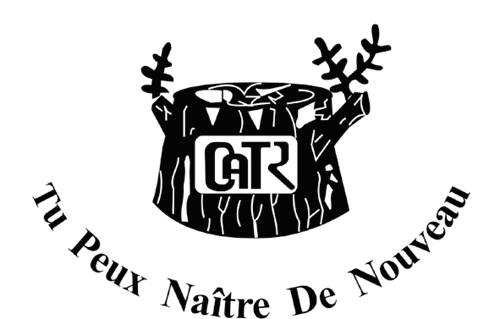
Centre d'Accueil de Terre Rouge (CATR)
The 'Centre d'Accueil de Terre-Rouge' (CATR) is an NGO, that exists since 1986. Operating under the aegis of the Diocese of Port-Louis, CATR is the first residential center set up in Mauritius for people suffering from drug and alcohol addiction. Our main goal is to empower individuals to make positive changes in their lives, develop healthy coping mechanisms, and reintegrate society. Through our unique way of being we want to inspire hope, promote healing, and facilitate long-term recovery.
Accreditation Number with the National Social Inclusion: Not Applicable


1. First Contact
2. Motivational Sessions
3. 9 weeks residential rehabilitation program
4. Social Reintegration
5. Prevention program
In May 1981, a group of youth led by Cadress Rungen, launched the "Centre d'Accueil" at Terre Rouge in a garage. The garage whole heartedly donated by the Dioceses of Port Louis that initially belonged to Redmond Hart de Keating.
In December 1981, Bishop Jean Margeot, Bishop of Port-Louis at that time visited the "Centre d'Accueil". He showed great interest and encouraged them to continue.
Between 1982 and 1983, this intervention focused on welcoming and counselling of drug-addicts.
In January 1986 after one year training in France, Judex Deruisseau, together with a team comprising of Gerard Lesage and other volunteers, proposed to the Dioceses of Port-Louis a new project; a program based on nine residential weeks for drug and alcohol addicts.
The project was officially launched in May 1986.
To create a safe and supportive environment where individuals struggling with substance abuse can receive therapeutic care and support to overcome addiction and reintegrate society as productive and drug-free individuals.
We have a strong peer support group, where we offer a safe and non-judgmental space for those who need mutual support in order overcome their addiction and maintain sobriety.
NSIF




